Severity: Warning
Message: fopen(/opt/alt/php74/var/lib/php/session/ci_session20dd1a135d7f8f02d8b16e753804413610880109): failed to open stream: Disk quota exceeded
Filename: drivers/Session_files_driver.php
Line Number: 174
Backtrace:
File: /home/technologyreborn/public_html/portfoliosreborn.org/application/controllers/Users.php
Line: 6
Function: __construct
File: /home/technologyreborn/public_html/portfoliosreborn.org/index.php
Line: 315
Function: require_once
Severity: Warning
Message: session_start(): Failed to read session data: user (path: /opt/alt/php74/var/lib/php/session)
Filename: Session/Session.php
Line Number: 143
Backtrace:
File: /home/technologyreborn/public_html/portfoliosreborn.org/application/controllers/Users.php
Line: 6
Function: __construct
File: /home/technologyreborn/public_html/portfoliosreborn.org/index.php
Line: 315
Function: require_once
Jaime Reborn
Professional Title : Doctoral Student
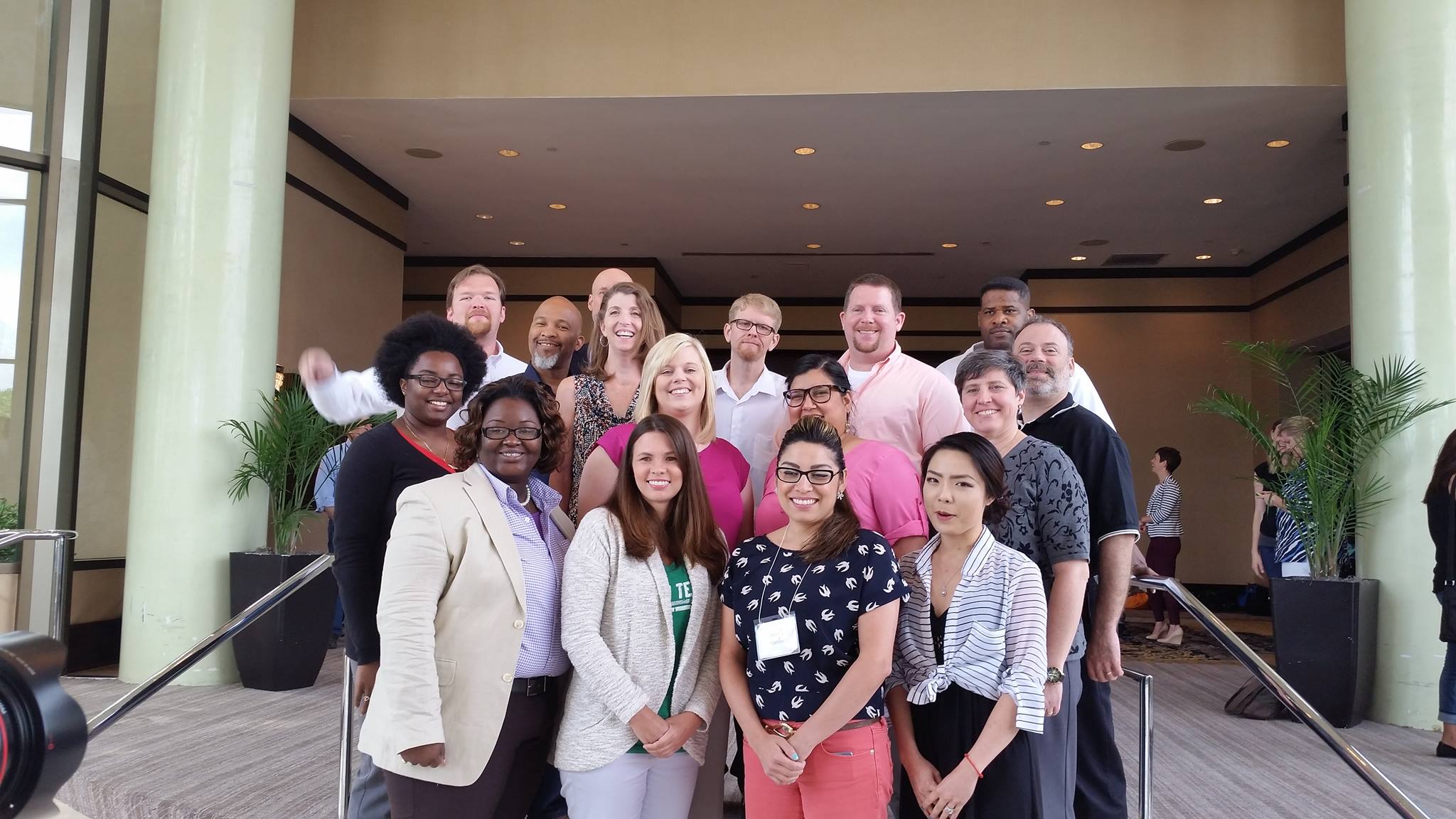
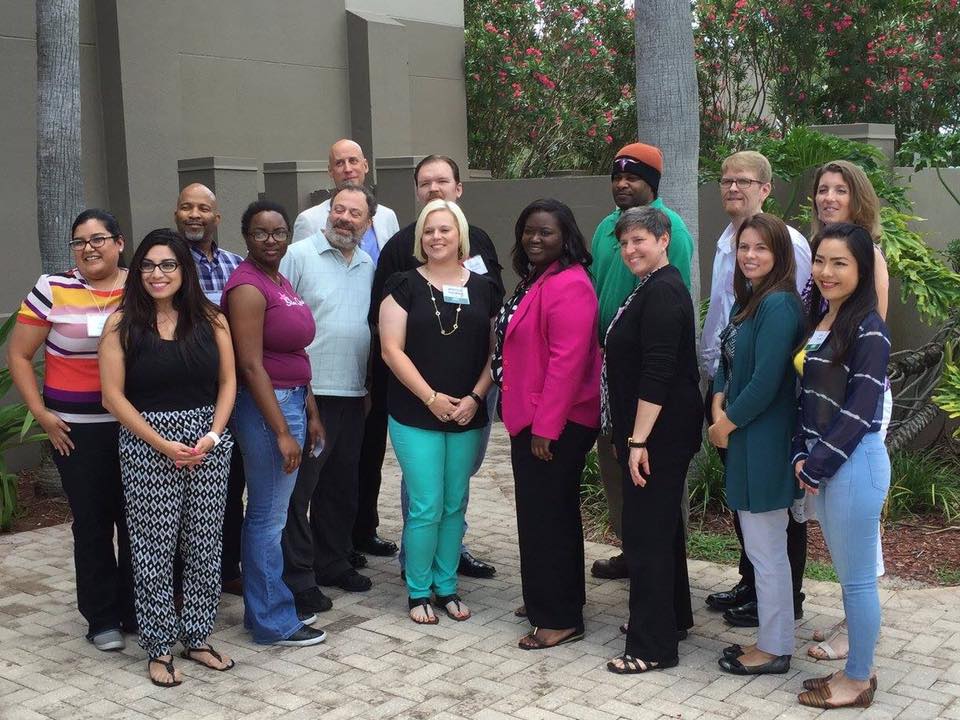
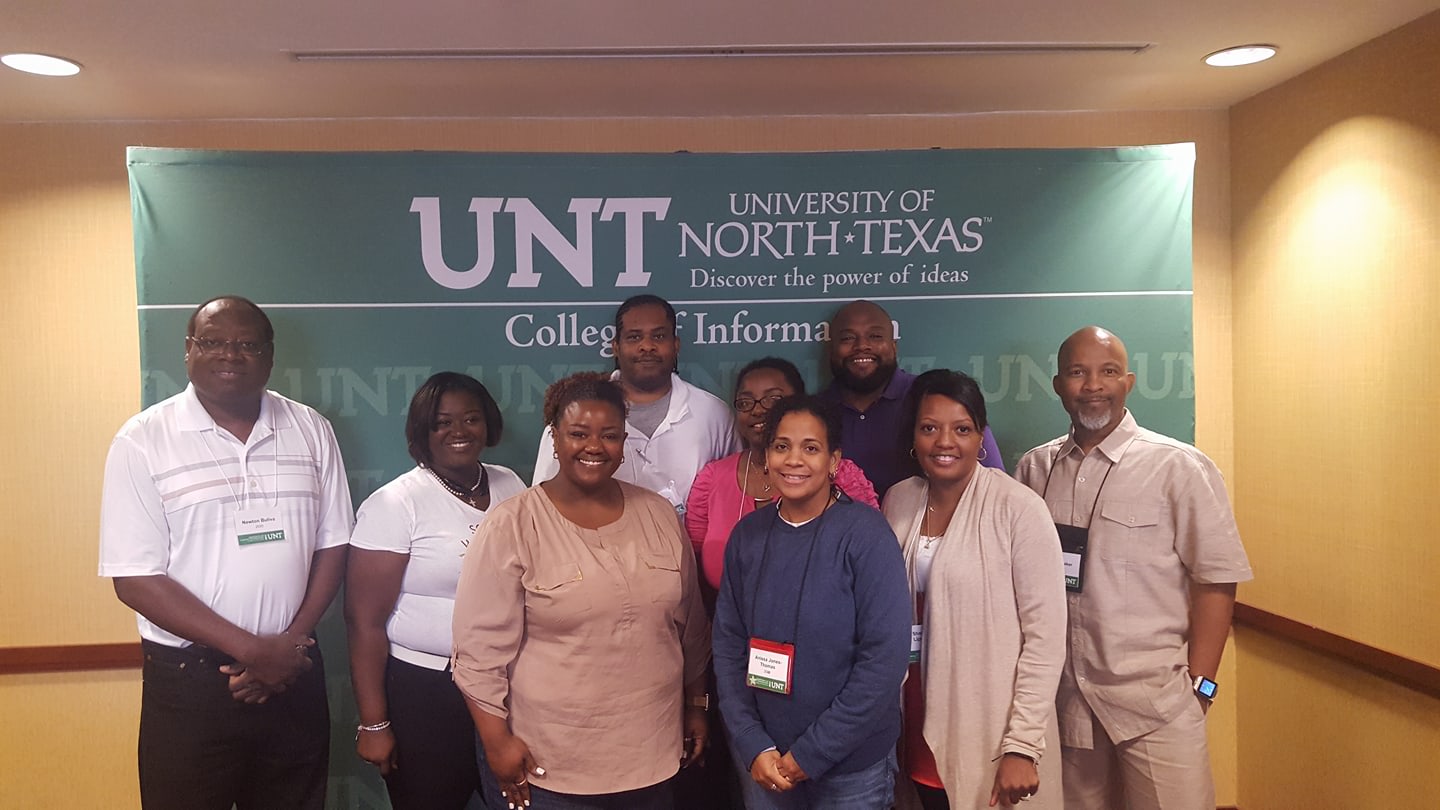





Operation "Desert Storm" Combat Infantry soldier with the 101st Airborne Division.
My name is Jaime Reborn and I am a computer programmer working on my Ph.D in Learning Technologies. As a part of the requirements for my Ph.D, I have prepared a portfolio to give a brief view of my research interests and my professional goals. This portfolio covers my resume, professional overview, and scholarly writings, professional presentations, and creative works.
When I first started in the Learning Technologies program, I already knew what my dissertation topic would be. However, one of the challenges that I was faced with was ensuring that my dissertation topic fit within the parameter of Learning Technologies. While I want to explore the use of Artificial Intelligence (AI) in technology, this program has made me challenge my own limitations. After going through this program, I wonder if AI is less of a technology challenge and more of an ethical challenge. Technology continues to evolve, but pursuing the development of a truly sentient AI may have a myriad of moral boundaries to consider. For many years, I did notbelieve that a truly sentient AI was possible. I used to tell my students that trying to build a sentient AI was the modern equivalent of trying to turn lead into gold. However, upon my research, I discovered that scientists had indeed found a way to turn lead into gold. However, the cost of using a nuclear reactor to turn lead into gold was extremely prohibitive and the amount of gold that resulted from the conversion was such an extremely paltry sum that it was not a worthwhile return on investment. The lead to gold experiment seemed to be a metaphor in life for me in making me wonder if pursuing a truly sentient AI is an example of our technological reach exceeding our intellectual grasp. I'm left pondering if the benefit of a sentient AI would be worth the risk factor of having a sentient AI.
My overall research interests, from a broad perspective, are focused on using Artificial Intelligence to improve user-interface technology for communication, education, and data mining. More specifically, however, as my research interests relate to Learning Technologies, my research study is about how viable a tool AI can be in helping to better facilitate a distance learning/communication environment. Much of my literature review will be comprised from two viewpoints: 01.) The contemporary technologies, techniques, and policies that are (or have been) used in areas around the world that have presented challenges in facilitating learning/communication environments; and 02.) end-user views on the use of AI technology in the facilitation of distance learning. I believe that my research study could assist in this endeavor by providing some new information or by reinforcing currently-known information regarding the technologies, techniques, and policies for distance learning environments and policies for implementation.
As an application developer, my professional goals are primarily focused on creating user-friendly technology to improve the everyday lives of people around the world. One of the main reasons that I enrolled into the Learning Technologies Doctoral program was to learn more about strategies for implementing technologies to help people learn. I am particularly interested in User-Interface (UI) technology. I have been running my own business for a number of years and I am discovering on a professional and personal level that sometimes the way that a developer views a software development project is not necessarily the way that an end-user views the resulting application. There are many times in which developers create software applications without potential end-users being included in planning or testing phases. That can create a disconnect in how the intended purpose of an application is or is not meeting goals of the intended end-user. Regardless of what the developer's (or developers') goals are for a software project, those goals likely will not be met if the software does not meet the goals of the targeted end-users. I would like to design intelligent technologies that can assist the developers, end-users, and other stakeholders communicate better with one another. For instance, if I design a software application that is not meeting the needs of my my targeted end-users, I want the software to be able to solicit information from end-users and from other stakeholders in order to help, where applicable, me to adjust the software in order to help bridge the gap between the expectations of the developer (me, or others) and the end-users of the software technology that has been designed.
| University | Major/Area of Study | Level | Status |
|---|---|---|---|
| University of North Texas | Learning Technologies | Doctorate | Complete |
| University of Phoenix | Management of Information Systems Technology | Doctorate | Complete |
| University of Phoenix | Information Systems | Master | Complete |
| DeVry University | Information Technology | Bachelor | Complete |
| Scholarly Image | Description | Scholarly Project |
|---|---|---|

|
XBaker, B., & Reborn, J. (2019). Virtual reality instruction in a high school learning environment: A qualitative study. Published by the Journal of Emerging Technologies and Innovative Research. Vol.6, Issue 6, page no.713-718, June-2019, Retrieved from http://www.jetir.org/papers/JETIR1906393.pdf. Baker, B., & Reborn, J. (2019). Virtual reality instruction in a high school learning environment: A qualitative study. Published by the Journal of Emerging Technologies and Innovative Research. Vol.6, Issue 6, page no.713-718, June-2019, Retrieved from http://www.jetir.org/papers/JETIR1906393.pdf. |
|

|
XReborn, J. (2019). Artificial intelligence and customer satisfaction design instrument. Published by the Journal of Emerging Technologies and Innovative Research. Vol.6, Issue 6, page no.719-721, June-2019, Retrieved from http://www.jetir.org/papers/JETIR1906394.pdf. Reborn, J. (2019). Artificial intelligence and customer satisfaction design instrument. Published by the Journal of Emerging Technologies and Innovative Research. Vol.6, Issue 6, page no.719-721, June-2019, Retrieved from http://www.jetir.org/papers/JETIR1906394.pdf. |
|

|
XReborn, J. (2019). Artificial intelligence for use in an instructional technology in an extra-terrestrial learning environment: A qualitative study. Published by the Journal of Emerging Technologies and Innovative Research. Vol.6, Issue 6, page no.722-726, June-2019, Retrieved from http://www.jetir.org/papers/JETIR1906395.pdf. Reborn, J. (2019). Artificial intelligence for use in an instructional technology in an extra-terrestrial learning environment: A qualitative study. Published by the Journal of Emerging Technologies and Innovative Research. Vol.6, Issue 6, page no.722-726, June-2019, Retrieved from http://www.jetir.org/papers/JETIR1906395.pdf. |
|

|
XReborn, J. (2019). The use of artificial intelligence as a teaching tool in academia. Not submitted for publication. Reborn, J. (2019). The use of artificial intelligence as a teaching tool in academia. Not submitted for publication. |
|

|
XReborn, J. (2019). Artificial intelligence in communication technology. Not submitted for publication. Reborn, J. (2019). Artificial intelligence in communication technology. Not submitted for publication. |
|

|
XReborn, J. (2019). The moral implications of artificial intelligence. Not submitted for publication. Reborn, J. (2019). The moral implications of artificial intelligence. Not submitted for publication. |
|

|
XReborn, J. (2019). The history of artificially intelligent technology. Not submitted for publication. Reborn, J. (2019). The history of artificially intelligent technology. Not submitted for publication. |
|

|
XReborn, J. (2019) Artificial intelligence and its impact on modern society. Not submitted for publication. Reborn, J. (2019) Artificial intelligence and its impact on modern society. Not submitted for publication. |
|

|
XReborn, J. (2019). The influence of media on the perceptions of artificial intelligence. Not submitted for publication. Reborn, J. (2019). The influence of media on the perceptions of artificial intelligence. Not submitted for publication. |
|
Title: Chatbots and the use Artificial Intelligence in the Implementation of Instructional Techniques for Post-Secondary Education
Venue: Multi-Disciplinary Information Research Symposium (MIRS) Location: Denton, Texas, United States Date: April 2019 |
 |
|
Title: Interactive Multimedia For Children's Adult-assisted Instruction: A Qualitative Study
Venue: Multi-Disciplinary Information Research Symposium (MIRS) Location: Denton, Texas, United States Date: April 2019 |
 |
|
Title: Academic Expectations of Artificially Intelligent Technology
Venue: Multi-Disciplinary Information Research Symposium (MIRS) Location: Denton, Texas, United States Date: April 2019 |
 |
|
Title: Artificial Intelligence For Use In An Extra-Terrestrial Learning Environment
Venue: Global Conference on Learning and Technology Location: Princeton, New Jersey, United States Date: July 2019 |
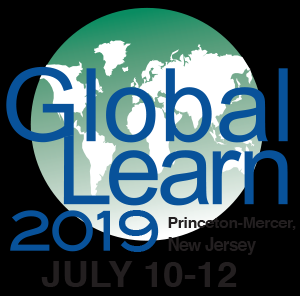 |
|
Title: How to Determine Student Preferences for Online LMS Versus Face-To-Face Learning Environments
Venue: International Conference on Educational Innovation through Technology (EITT 2019) Location: Biloxi, Mississippi, United States Date: October 2019 |
 |

Portfolios Reborn is a website designed specifically to help University of North Texas Students set up their portfolios.
Portfolios Reborn is a website designed specifically to help University of North Texas Students set up their portfolios.

Calendar Reborn is an interactive social media website for calendaring, advertising, and social media activities.
Calendar Reborn is an interactive social media website for calendaring, advertising, and social media activities.
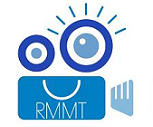
Rate My Movie Trailer is a free interactive website to help support independent filmmakers.
Rate My Movie Trailer is a free interactive website to help support independent filmmakers.

Team Black is a fully functioning penny auction e-commerce website.
Team Black is a fully functioning penny auction e-commerce website.